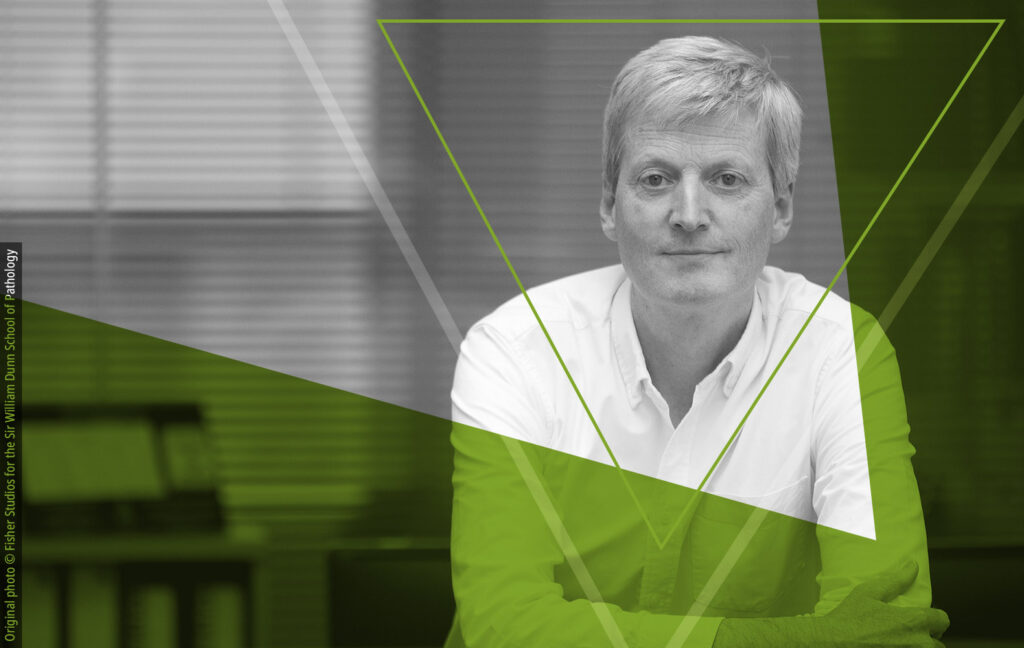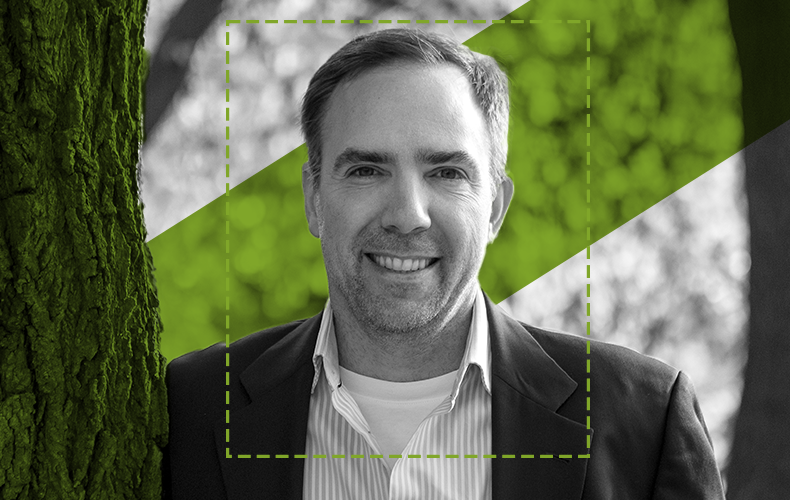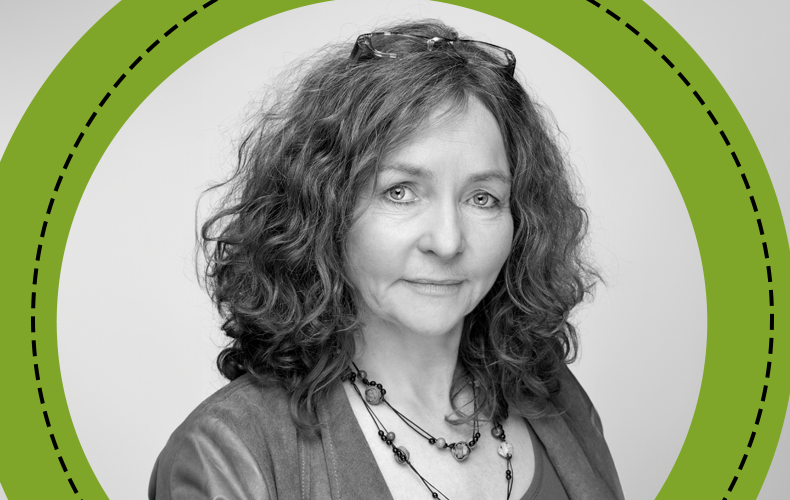21 February 2023 – At the beginning of the year Matthew Freeman started his term as Chair of EMBO Council, the governing body of EMBO. He has been an EMBO Member since 1999 and an EMBO Council Member since 2018. He is pleased about the opportunity to chair council, work with scientists from different countries and subject areas, and have an influence on further development of EMBO.
Asked about his reflections on serving on EMBO Council and focus areas for 2023, Freeman points to the strategic review he had led. He explains that the initiative to increase participation across Europe will continue to be a primary driver. “EMBO is almost uniquely placed to help with increasing participation because of its focus on excellence in life sciences and because its community reaches into all corners,” he comments. “Increasing participation impacts on all individual EMBO Programmes, but also generates a sense of common purpose and strategic direction.”
Freeman, who is a professor and head of the Dunn School of Pathology at the University of Oxford, UK, also points to the success of EMBO in supporting early- and mid-career scientists, specifically through postdoctoral fellowships. “To promote high quality science, you need to support the careers of the generations that are coming up through the system,” he says, and adds that EMBO will continue to do just that. He values that the organization, which is run by scientists for scientists, can tailor programmes to make a real difference.
On a more personal note, Freeman says he is a passionate European and considers Brexit the greatest political tragedy of his life. Knowing that British scientists have not been sidelined or excluded comforts him: “EMBO has managed to remain being welcoming to the UK, and perhaps the fact that a lot of senior people at the organization are from the UK makes that clear. EMBO is even more important for British scientists post-Brexit, because it provides a connection with the rest of our European colleagues.”
Freeman started out as a Drosophila developmental biologist and geneticist but describes himself as a cell biologist today. “We are trying to understand the molecular, cellular, physiological, and to some extent pathological, mechanisms of membrane proteins in cell signalling,” he explains. His group has discovered and now almost exclusively works on the rhomboid-like superfamily of proteins.
“My great passion is the importance of fundamental discovery science and getting down to mechanistic details,” Freeman says. “I do worry that discovery science is a little bit out of fashion. If institutions or countries move too far away from it, they will lose the bedrock for all more applied approaches.” He adds that funding for a strong basic science foundation by EMBO and others is already leading to huge societal benefits.



